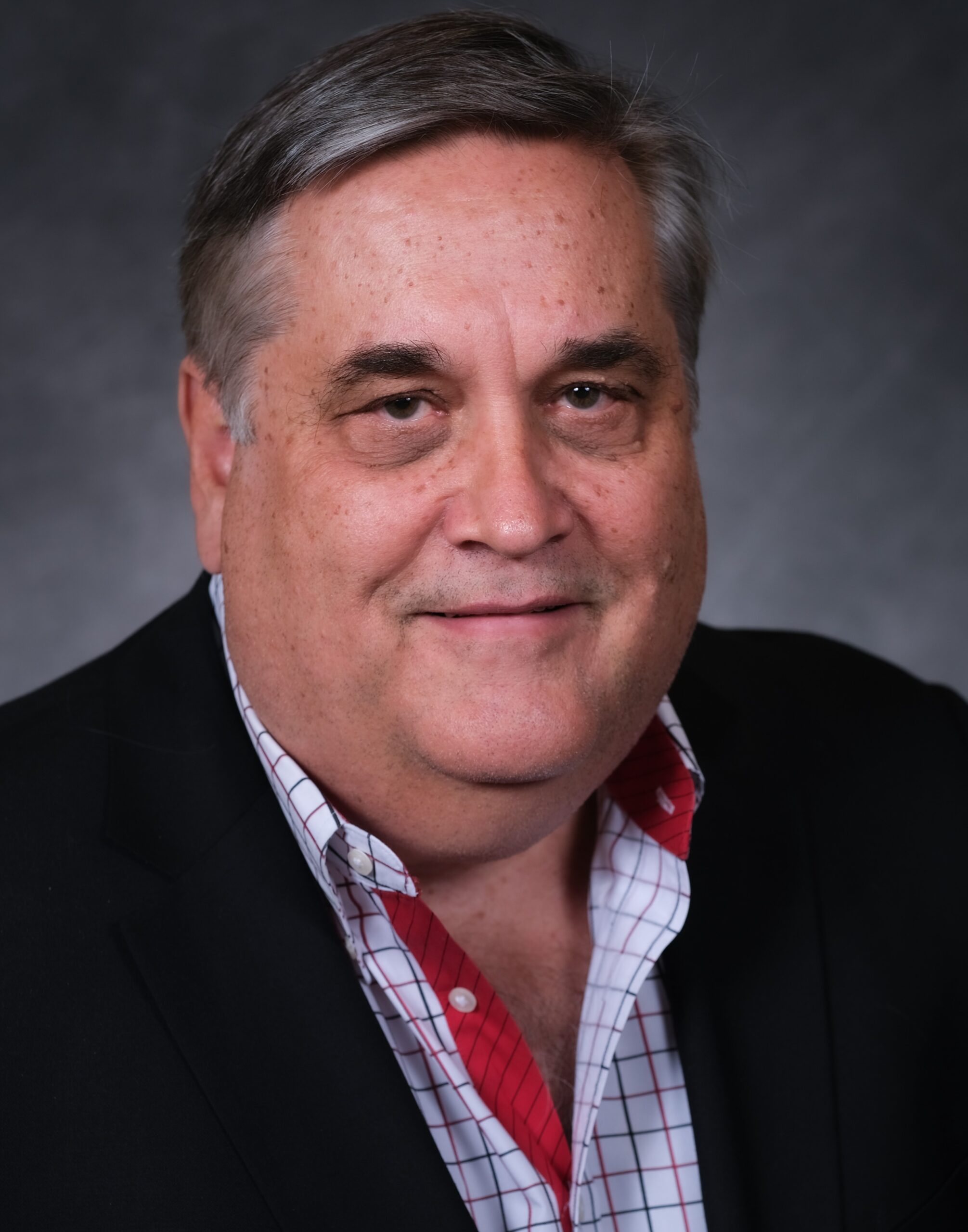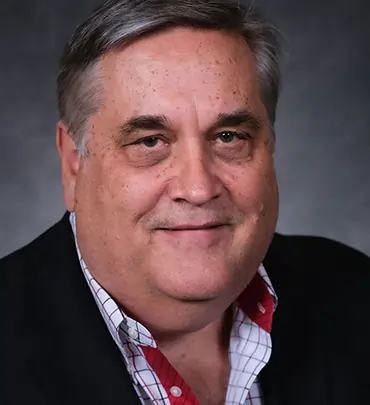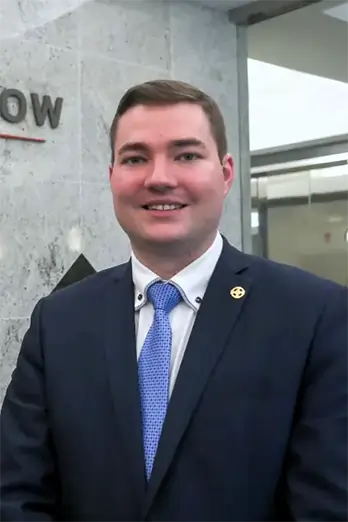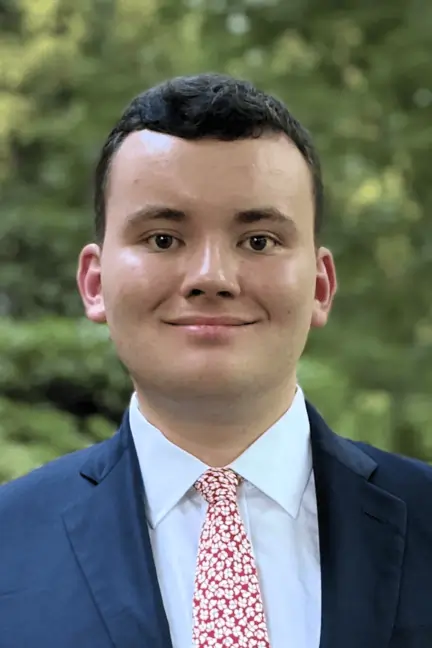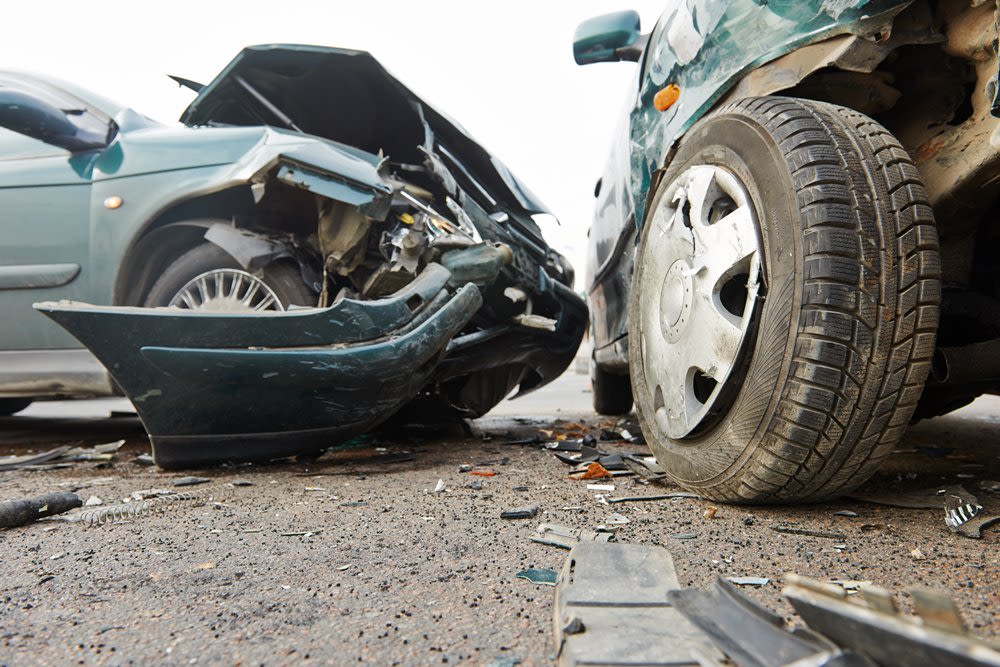
We often get a lot of questions about what liens are, and why they have to be paid back. This can be a complicated subject that interacts with both Virginia and Federal law, so we will explain this in detail.
The Virginia Car Accident Case
If you have been involved in a car accident where you were hurt, then more likely than not you went to the hospital, and then had some follow-up treatment. If you have had a good personal injury law firm like Blaszkow Legal helping you from the start, then that law firm made sure that all of your medical bills were submitted to your health insurance carrier, if applicable. This is done because our job is to protect you! Most people think that the at-fault insurance company “pays” your medical bills. Sometimes they will, but they will claim that this is part of a settlement, and you do not want to give them that argument. Always submit your medical bills to your health insurance carrier. Always.
In Virginia (more so than in Maryland or Washington, DC), the law really helps people who have been involved in car accidents and other personal injury claims. Virginia Code 8.01-27.5 requires medical providers such as a Hospital, Emergency Room Physicians group, radiologist, etc, to submit their bills to the health insurance company. If they are and in-network provider, then the health insurance will take care of these medical bills. Of course, you will have to pay any copay or deductible, but this is not at all a bad thing. The copay or deductible is going to be far less than the total medical expenses.
This law places a “duty” on the healthcare provider: it is not a choice, or option. They cannot ignore your health insurance and hold their hand out to your medpay coverage, or for the settlement.
Some of the health insurance companies, however, may then attempt to assert a subrogation interest in the case. Can they?
What is subrogation?
Subrogation is a legal term for when one entity pays a benefit, and then tries to get paid back for the benefits that it paid out. For example, in a car accident case, if a health insurance company paid $500 for your hospital bill, then they are attempting to recoup that $500. That is called subrogation.
While this may be permitted in many other states, Virginia is not one of them. Virginia has an anti-subrogation statute: Virginia Code 38.2-3405. This means that as an action of law, the health insurance company that has paid out for your hospital visit is not allowed to get that money back from your case!
However, there are some exceptions. Certain plans are not bound by state law, and are allowed to begin subrogation. Some such health plans include”
- Federal employee health plans (like Blue Cross Blue Shield FEP)
- Military health plans (like TRICARE)
- Veterans Affairs (VA) healthcare
- Private health plans that are “self funded”, or ERISA plans
These exceptions to the rule are allowed to be paid back what they paid out in a case, due to overriding Federal law. Under the Supremacy Clause of the US Constitution, if there is a dispute between federal law and state law, then federal law controls.
Often times, the health plans will hire some third-party company to do their subrogation work. The most common subrogation companies we encounter are: the Rawlings Company, Meridian Resource Company, Optum, Equian, and Trover Solutions.
What is a lien?
A lien is completely different from subrogation. A lien is a right of recovery against property. Sometimes property can be money, such as a personal injury settlement. Certain companies will attempt to assert a lien against your car accident case, or other personal injury matter. However, many things have to happen in order for such a lien to be valid – if they even have the right to claim a lien.
The most common lien in a Virginia personal injury case is from a Hospital, or Hospital-related treatment such as emergency physicians, radiology billing, and ambulance or EMS transport. These entities can assert a lien, pursuant to Virginia Code 8.01-66.2. These liens are capped: Hospitals liens under this code section are limited to $2,500; Physicians, physical therapists, etc. are limited to a lien of $750, and Ambulance services are limited to $200.
But wait! In order for any such lien to be valid, the provider in question has to have complied with all other elements of the law, specifically Virginia Code 8.01-66.5. They have to provide written notice of their lien!
Additionally, as we said above, they cannot go around the health insurance, and just demand the lien. For example, if you went to the hospital, and they have your health insurance information, then the hospital has to submit the bills to your health insurance! 8.01-27.5 specifically states that a provide who does not submit their bills to the health insurance does not receive the benefit of a lien under 8.01-66.2!
Unfortunately, many medical providers will do exactly that, and try to ignore the health insurance! They will do it because statistically over 60% of people who are involved in car accidents, do not talk to an experienced Virginia personal injury lawyer! If you don’t know the law, you cannot enforce your rights, and these medical providers have no obligation to tell you what the law is.
At Blaszkow Legal, when we get the itemized bills into our office, we review them in detail. If our client has health insurance, then the first thing we do is immediately send a letter to the provider giving them the health insurance information, and reminding them of their obligations and duties under 8.01-27.5. That code makes it very clear that if the hospital or medical provider knows about the health insurance, and does not submit the bills, then they do not get the lien that they could otherwise claim. In fact, they are barred from any collections of any kind!
What if the injured person does not have health insurance after a car accident?
If an injured person does not have health insurance, then the provider may assert the lien that we spoke of (8.01-66.2). However, the lien has to be properly sent and noticed. This requires the submission of the full itemization of the lien, in writing to the patient, or the attorney of record. If a provider Waits too long to notify the client, and the client’s case is settled and money dispersed, there is no lien.
Be warned, however, that does not mean that they cannot still come after you for their bill! Often, they will, depending on the amount.
If a client does not have health insurance, we will discuss with the client how to contact the provider directly, and attempt to negotiate a self-pay discount. Many clients want us to do this for them, but it is usually not in the client’s best interests for us to do that: once the healthcare provider knows an attorney is involved, they will know there is a third-party claim, and they won’t negotiate! But if an individual person approaches them and tries to negotiate a payment, they are often more flexibile. A payment plan can be agreed to, and then when the case settles, the client can pay off the negotiated and reduced amount!
Subrogation, liens, and your Virginia car accident case
It is extremely important after you have been in a car accident, truck accident, or other personal injury incident, to talk to a lawyer right away. A lawyer is going to be able to make sure that all of the bills are submitted to health insurance carriers, or alternately, is going to be able to deal with all of the lien holders and subrogation carriers so that you don’t have to.
When we at Blaszkow Legal receive a purported subrogation letter or lien, will do our best to defend you against that reimbursement interest. We will work hard to attack that lien. For example, many ERISA plans will claim to be health plans that are self-funded, but as we investigate, it turns out that they are not! Proving whether or not a health plan is self-funded is an extremely complicated process. It requires extensive research, but depending on the amount of the lien, can some times be worth it. We will always discuss this with you, the client.
Rest assured, that we will do whatever we can to fight the subrogation interests and the liens, if there are are legal grounds to do so.
What about Virginia Medicaid?
Medicaid is a federal program, run by the states, and does have a valid reimbursement interest in the case, pursuant to applicable law. Unfortunately, more so recently than before, dealing with the Virginia Department of Medical Assistance Services (called DMAS) has become complicated and ridiculously drawn out. This is because of budget shortfalls and staffing issues on the part of the Commonwealth. However, because of how long this process takes, as soon as you have been involved in an accident and have contacted a lawyer, we will reach out to Medicaid and get the ball rolling to determine the amount of their reimbursement.
If you have Medicaid, it acts like a health insurance plan, and we will still make sure that Medicaid pays for any of your medical treatment that it can. This is incredibly important, because at the end of the day, we are dedicated to putting as much money as we can into your pocket, not into the state’s coffers or their contracted health plans (such as Kaiser, Anthem, or Healthkeepers). For example, if your hospital bill was $5,000, Medicaid might have only paid $100. Because emergency medical treatment is always in-network to Medicaid, the hospital cannot come after you for the balance, as they have to take a deduction or contractual adjustment. It may take us longer to get the itemization from the Commonwealth, but you only have to pay DMAS back that $100!
NOTE: Your claim is not for that $100 that DMAS paid! It is for the full $5,000 of the ER visit, in this example! Medicaid, like all health insurance payments is known as a collateral source. The car insurance company for the at-fault party does not get the benefit of this! We do not tell them (this information is redacted on the settlement package)! If the medical treatment costs $5,000, then your claim is for that $5,000!
Car insurance companies’ tricks after a Virginia Car Accident
Getting your medical expenses submitted to and paid for by your health insurance is vital. This better protects you in the long run. However, the at-fault car insurance companies, through their insurance adjusters, are chomping at the bit to talk to you before you have spoken to a lawyer. They want to get you to sign medical records releases and HIPAA authorizations so that they can get the itemized bills that show what health insurance paid. They want this information because they know that most people do not know what the law is! If they can show that your co-pay was $300, then that’s what they are going to offer you, and maybe a little bit more. They have no obligation to tell you what your true claim actually is! And think about it: If you don’t know that they are playing fast and loose with the law, how can you fight that?
Always contact an experienced car accident lawyer immediately!
Medicare and Virginia Car Accidents
Americans over 65 are eligible for Medicare, and some people are eligible for Medicare beforehand, due to special circumstances. Medicare is a federal program overseen by CMS, or the Center for Medicare and Medicaid Services. Just like with health insurance, medical providers have a responsibility to submit their bills to Medicare for payment. If they do not, then they are not be able to claim that bill later on.
Medicare does have an automatic statutory reimbursement interest in your car accident or personal injury case! However, that reimbursement interest is invariably going to be lower than the actual amount of the medical expenses. Sometimes, the amount of reimbursement by Medicare is shockingly less than the bill. It is our responsibility to protect Medicare’s interest in the case, and we will.
However, we are very experienced at talking to Medicare. We can often obtain a discount from Medicare on their reimbursement interest, which puts more money back into your pocket. Again, always speak to an experienced Virginia car accident attorney after an accident.
Negotiating with lien holders and subrogation companies
Joe Blaszkow and his team are experienced at negotiating liens and subrogation interests. Sometimes this can take a while, and sometimes it requires us to engage the service of outside specialists. But depending on the amount of the lien or subrogation interest, it may be worth it. We will always discuss this with you as the client, because the ultimate decisions are always yours.
Get help from experienced Virginia personal injury attorneys
If you have been involved in a car accident or other personal injury incident that was not your fault, the dedicated attorneys at Blaszkow Legal can and will help you! Our lawyers are skilled negotiators and will not only hold the negligent parties accountable for your injuries, we will also do everything we can to put as much money into your pocket at the end of the day as his humanly and statutorily possible. Liens, subrogation, and reimbursement interests can be very complicated- never try to handle it alone!
After a car accident, truck accident, slip and fall, or other situation where you have gotten hurt, call Blaszkow Legal, PLLC for a free consultation. Our firm helps clients in Virginia, Maryland, and DC. Put us to work for you and Get Justice with Joe!
Call 703-879-5910 today
